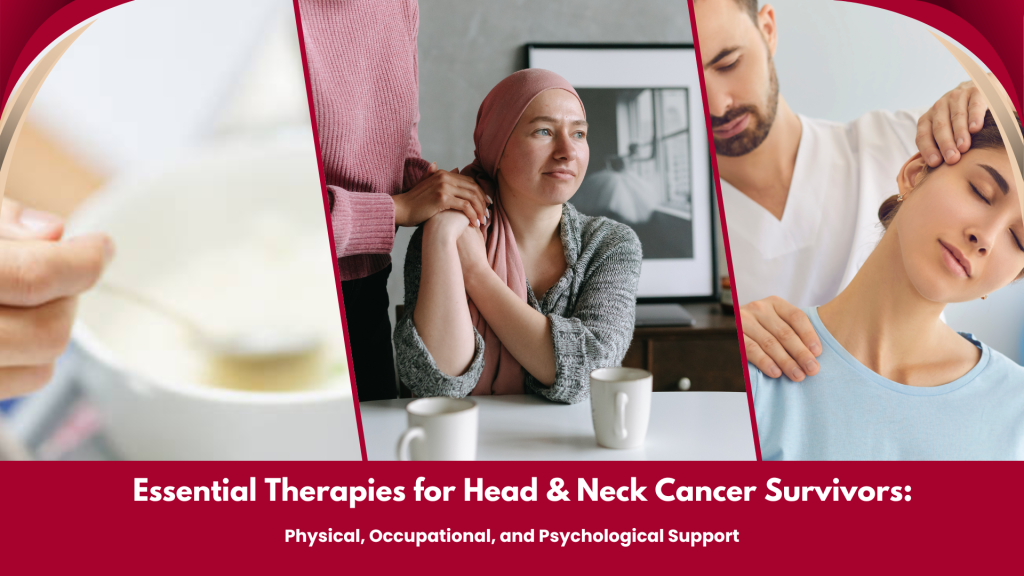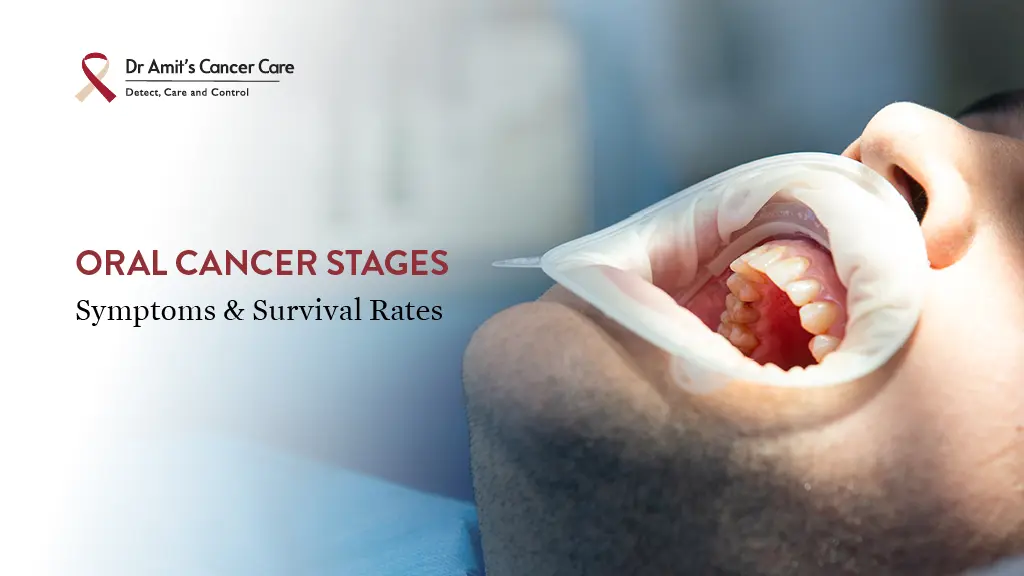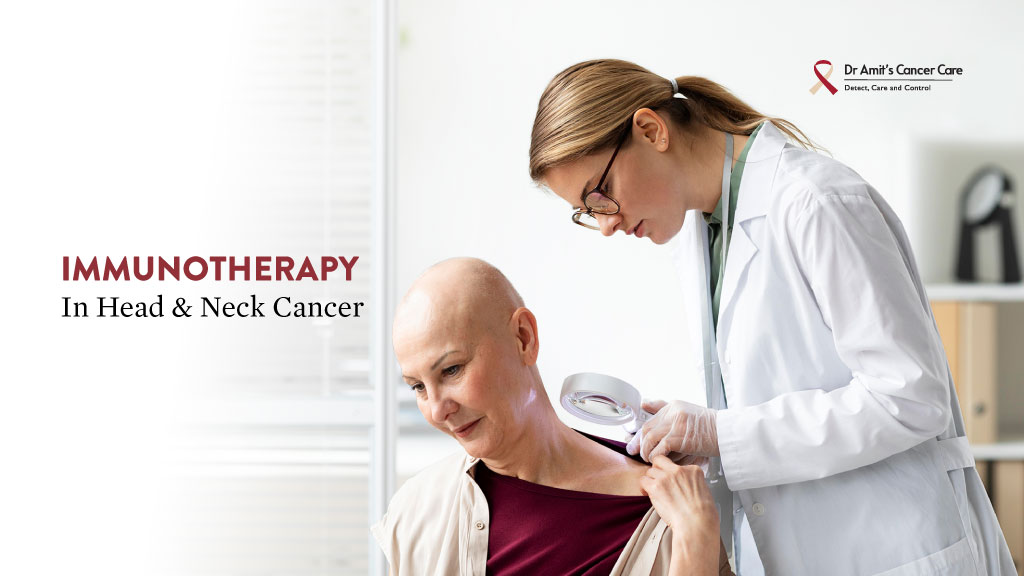Cancer treatment is a challenging journey, and for head and neck cancer survivors, the road to recovery is equally critical. Comprehensive post-treatment care focuses not only on physical recovery but also on restoring emotional and psychological well-being. Survivors often face challenges like impaired speech, swallowing difficulties, fatigue, and emotional distress. Fortunately, with the right therapies and support systems, recovery becomes more manageable. Dr. Amit Chakraborty, a renowned surgical oncologist specializing in head and neck cancer in Mumbai, Nagpur, and Dubai, emphasizes the importance of holistic care for survivors.
1. Physical Therapy: Rebuilding Strength and Mobility
After undergoing surgeries, radiation, or chemotherapy for head and neck cancers, patients often experience weakened muscles, stiffness, and reduced mobility. Physical therapy plays a vital role in rebuilding strength and improving the range of motion in affected areas.
- Speech and Swallowing Rehabilitation: For survivors with difficulty speaking or swallowing, speech-language pathologists provide targeted exercises to restore these functions. Techniques like swallowing maneuvers and vocal cord strengthening exercises can significantly improve quality of life.
- Neck and Shoulder Mobility: Radiation therapy can cause stiffness in the neck and shoulders. Physical therapists use stretching, massage, and strengthening exercises to alleviate discomfort and improve posture.
- Lymphedema Management: Some survivors may develop lymphedema, a swelling caused by fluid retention. Therapists can teach manual drainage techniques and recommend compression garments to manage this condition effectively.
Dr. Amit Chakraborty’s expertise ensures patients receive personalized rehabilitation plans to optimize their recovery.
2. Occupational Therapy: Enhancing Daily Functionality
The goal of occupational therapy is to assist survivors in becoming independent again in their everyday lives. For head and neck cancer survivors, this can mean adapting to new ways of performing tasks or using assistive devices.
- Relearning Essential Skills: Therapists work with survivors to improve coordination and motor skills, enabling them to perform tasks like eating, writing, or dressing without difficulty.
- Assistive Devices: Tools such as feeding aids or communication devices can significantly improve functionality for those with speech or hand impairments.
- Home Modifications: Occupational therapists can recommend modifications, such as grab bars or adaptive furniture, to make home environments more accessible and comfortable.
This therapy is especially valuable for survivors who wish to return to work or resume their hobbies. Dr. Chakraborty collaborates with occupational therapists to provide tailored solutions for each patient’s unique needs.
3. Psychological Support: Addressing Emotional Well-Being
The emotional impact of cancer can linger long after treatment ends. Anxiety, depression, and fear of recurrence are common among head and neck cancer survivors. Psychological support is crucial for mental health and overall recovery.
- Counseling and Therapy: Individual or group therapy sessions allow survivors to share their experiences and feelings in a safe space. Cognitive-behavioral therapy (CBT) can help manage negative thoughts and build resilience.
- Support Groups: Connecting with others who have faced similar challenges can provide encouragement and practical advice.
- Mindfulness and Relaxation Techniques: Practices such as meditation, yoga, and breathing exercises can reduce stress and promote emotional balance.
Dr. Amit Chakraborty emphasizes the importance of addressing both mental and physical health for a comprehensive recovery journey. His team ensures that psychological support is an integral part of post-treatment care.
4. Nutritional Counseling: Fueling Recovery
Nutrition is a cornerstone of recovery for head and neck cancer survivors. Eating well can aid healing, combat fatigue, and strengthen the immune system. However, survivors often face challenges like loss of appetite, taste changes, or difficulty swallowing.
- Diet Plans for Easy Swallowing: Nutritionists recommend soft, high-calorie foods that are easy to swallow, such as smoothies, soups, and pureed meals.
- Hydration: Staying hydrated is vital, especially for those experiencing dry mouth due to radiation therapy.
- Vitamin and Mineral Support: Supplements may be necessary to address deficiencies caused by treatment.
Dr. Chakraborty’s clinic provides access to experienced dietitians who create personalized nutrition plans to meet the specific needs of each survivor.
5. Integrative Therapies: Complementary Approaches to Healing
Incorporating integrative therapies alongside conventional care can enhance recovery and improve overall well-being. These therapies focus on reducing treatment side effects and promoting relaxation.
- Acupuncture: This technique may help alleviate pain, nausea, and dry mouth caused by treatment.
- Massage Therapy: Gentle massages can relieve muscle tension and improve circulation.
- Art and Music Therapy: Creative therapies provide emotional outlets and can reduce stress and anxiety.
Dr. Amit Chakraborty’s approach to care integrates evidence-based complementary therapies to support patients holistically.
6. Follow-Up Care and Monitoring
Regular follow-up appointments are essential to monitor recovery, detect any recurrence early, and address ongoing challenges. These visits include physical examinations, imaging tests, and discussions about symptoms or concerns.
Dr. Amit Chakraborty’s expertise ensures that survivors receive meticulous follow-up care, whether in Mumbai, Nagpur, or Dubai. His compassionate approach and dedication to patient well-being have earned him recognition as a leading head and neck cancer specialist.
Conclusion
Recovering from head and neck cancer requires a multidisciplinary approach involving physical, occupational, and psychological therapies. By addressing these critical aspects of recovery, survivors can regain their strength, functionality, and emotional well-being. Dr. Amit Chakraborty and his team are committed to providing comprehensive care tailored to each patient’s journey. For expert guidance and support, visit dramitchakraborty.com.






